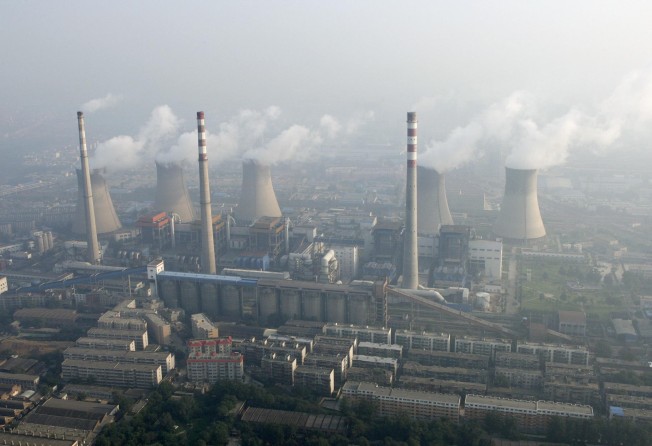
Book review: The Devouring Dragon, by Craig Simons

The Devouring Dragon: How China's Rise Threatens Our Natural World
by Craig Simons
St Martin's Press

Malthus was right to despair, judging by a gripping new assessment of China's rise in the wake of some dire planetary precedents. First, The Devouring Dragon recounts, those twisted twins the United States and Europe hammered the planet, clear-cutting forest and burning fuel in an orgy of "development". Next came China's turn. In 1976, when its rise was just starting, it chewed through only 550 million tonnes of coal.
"By 1997, its demand had exceeded that of the United States, but it still used what now looks like a quaint number: 1.4 billion [tonnes]. Then - in the 13 years from 1997 to 2009 - China added over 2 billion [tonnes] of annual coal demand, the equivalent of two new nations as voracious as the United States, which - until China surpassed it - had been the world's biggest coal consumer," writes author Craig Simons, who has reported on the environment from a dozen Asian nations for Newsweek.
Now China, with its annual growth rate nudging 10 per cent, is set to pave up to 4,900 square kilometres of roads and build enough subway lines to stretch between New York and San Francisco five times. By 2030, the mainland will build almost 430 billion square feet of floor space, potentially enabling the construction of up to 50,000 skyscrapers: the equivalent of up to 10 New York cities - which should nicely offset its "cancer villages" and toxic rivers.
Meanwhile, the 1.3-billion-strong nation with a swelling middle class obsessed with consumption has become the world's top market for threatened wildlife. Worse, it is the leading importer of tropical trees and the biggest greenhouse gases emitter. The mainland has amped up the planet's "metabolism", Simons says, and proves the point through epic legwork.
His trek takes him from Colorado coal mines feeding China's thirst for fuel to logger-thrashed Papua forests, via the smog-enveloped Middle Kingdom, which he knows intimately. His edgy travelogue is especially unnerving because, as he says, China is surging just as the earth teeters on the brink of various environmental tipping points.
Whether our species can survive seems doubtful, given the supercharging effect of China's emissions on global warming - we seem set to cook. Certainly, armies of other animals look doomed, decimated by the mainland's thirst for exotic flesh, fuelled by the myth that rhino horn and the like have medicinal value.
Few Chinese challenge the animal bashing because of the Confucian credo that man should dominate nature. Another reason the carnage gets overlooked is generational. New baselines of sustainability keep being set - in step, expectations drop, meaning people shrug off plunging numbers of fish, birds and mammals - and normality shifts.
So, Simons says, mankind must unite, raise his game and overcome the ecological crisis. The author has hope because, for instance, experts say that if the world invested just 2 per cent of its annual income wisely, that could create a sustainable path.
His final optimism seems strained, precisely because of the clout of his meticulously researched, ambitious groundwork that could have used more of the bluntness displayed by wildlife negotiator Wang Song.
"I've met people all over the world. And I often tell them that I've never found a nation with a more selfish attitude towards wildlife than we Chinese have," Wang says.
Despite his country's clean tech aspirations, it seems more ecocide-bent than any nation ever - a rapacious disgrace.